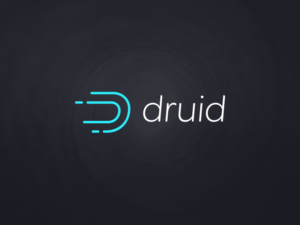Data is arguably the most valuable resource for a business. To serve your customers well and succeed in this competitive market, you must understand your customers’ wants and needs. Data about the recent trends and interests will allow you to customize your service to fit the latest demand.
However, as the internet has grown into an unexpected labyrinth of data, it has become tough to find the most recent and accurate data. Even smart techniques such as using web scraping proxies have a hard time scooping out effective results if you do not know where to look.
The traditional sources of data are not updated in time or are incorrect, which can hurt your business in multiple ways. To counteract this, people have started to rely on alternative data sources that are more accurate and come directly from the source. Let us talk more about these alternative data sources in detail.
What are Alternative Data Sources?
Due to inaccurate information and sources, people are now looking at non-traditional sources to collect data. Alternative data sources have grown popular because of their easy availability and accuracy.
These data sources refer to sources like eCommerce reviews, social media posts, forums, etc., that are publicly available data and generated by users. When a person posts a review about some product, they are essentially telling you what they want in a product.
“There are so many surveys and forms that people fill telling you about their likes, interests, brand preference, etc., that can help you figure out how to convert them.”
These alternative data sources, such as reviews, surveys, comments, wish lists, etc., are a gold mine of data waiting for you to collect them.
How to obtain data from Alternative Data Sources?
There are several ways to collect data from alternative data sources as they are public data and readily available. Here is what you can do to collect data from alternative sources:
- Conduct different surveys and ask people about their preferences and other information that is relevant to your business.
- You can use your website to track a viewer’s online activity on your website to understand how they react to your product and services.
- Transactional data tracking can also help you understand the user’s transaction preference, which you can use to develop exciting offers.
- You design all your digital marketing campaigns to target and engage your audience. You can analyze this engagement to study user behavior.
- Social media is one of the best ways to understand recent trends. Anything that a person likes suddenly becomes the center of mass attention through social media pages. You can track these pages to find out about the latest trends.
- You can offer rewards and prizes for people providing personal information about their preferences. This information can give you a clear insight into the user demand.
All of these are tried and tested techniques to collect data. However, doing this manually can be a long and tedious task. Instead, you can smartly collect the data already present on the internet relevant to your business using web scraping. Let’s talk about web scraping in detail and how it can benefit your business.
What is Web Scraping?
Web scraping is the most commonly used method to collect information from the internet. Web scraping is usually done through scraping software.
This software can directly access the web using an HTTP (Hyper Text Transfer Protocol) or your web browser. If you have to scrape a large number of webpages, you should use automatic software such as a web crawler or a bot. This software can collect all the data you need and save it on your computer.
Many businesses rely heavily on web scrapers for collecting data or checking their competition. However, web scraping can be dangerous if you don’t know what you are doing. One of the most crucial things to remember is to use web scraping proxies while scraping the internet.
Why do you need Web Scraping Proxies?
The majority of the websites you are trying to scrape have a security protocol that can detect if someone is sending mass traffic in the form of a scrapper. If a website detects that you are using a bot, it can permanently block your IP address, blocking you from browsing that website.
In other cases, the website might not block you but provide you with incorrect information that can cause a monetary loss for your business. For example, you might want to use this collected data to customize your campaign, and if the data is incorrect, all your efforts will go to waste.
To avoid this happening, you should use web scraping proxies that will mask your IP into another IP, lowering the risk of getting blocked. You can use proxy servers that provide web scraping proxies and even rotate them frequently to avoid detection.
Conclusion
Web scraping is a very beneficial tool for any business that relies hugely on the latest trends. It is an easy and fast way to collect data from the internet and use it according to your requirements. Using web scraping for alternative data sources is the best way to stay ahead of the curve and beat your competition. Although, be sure to use web scraping proxies to avoid any unnecessary complications.









